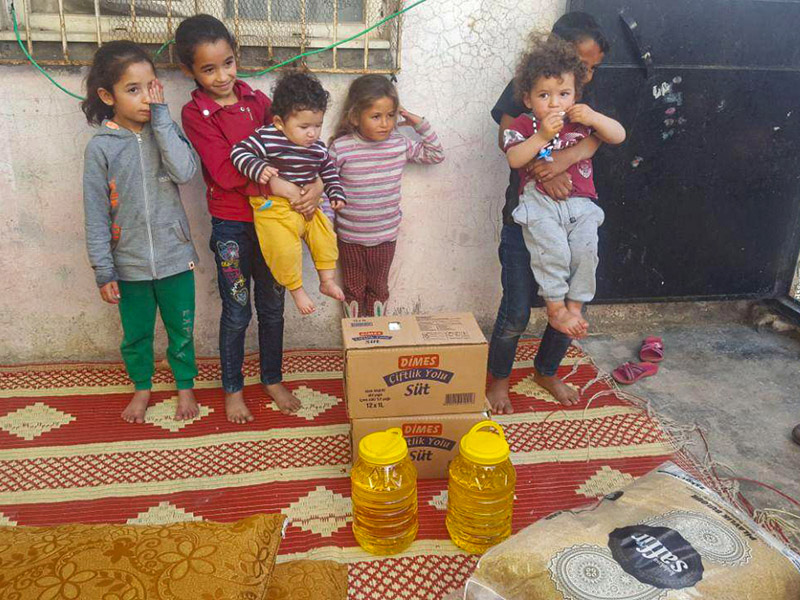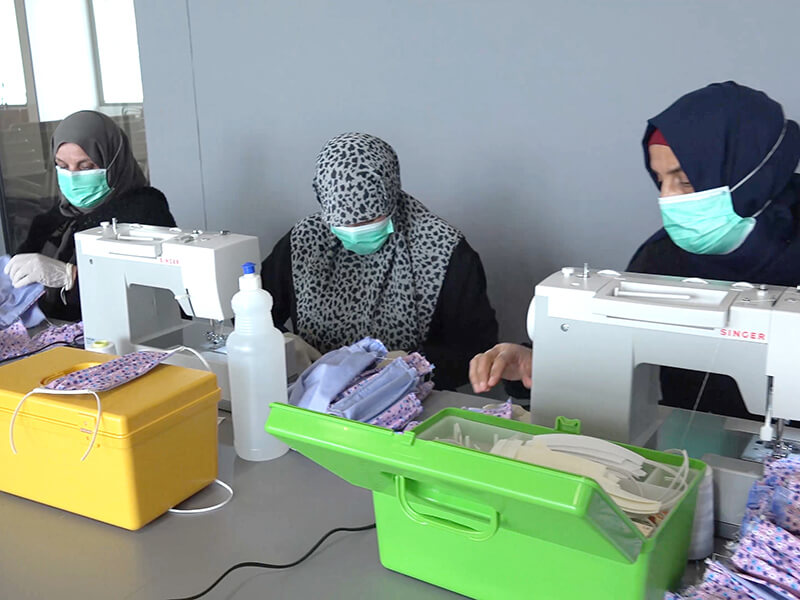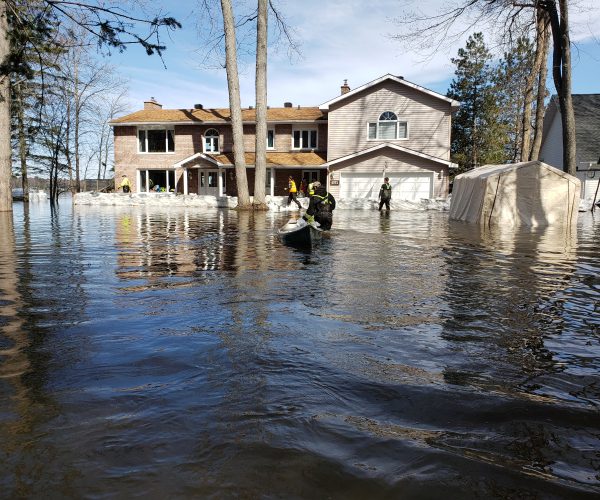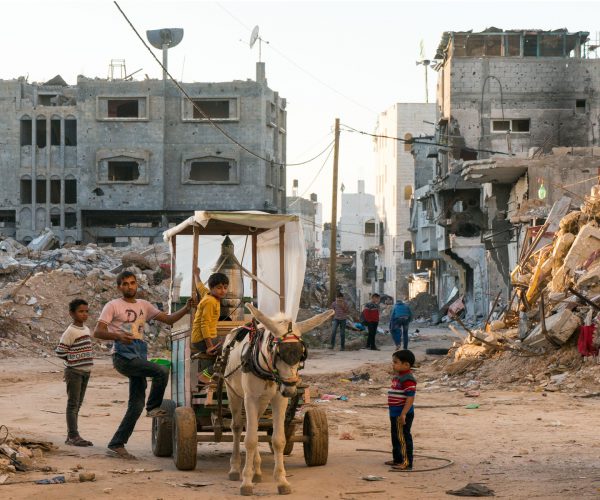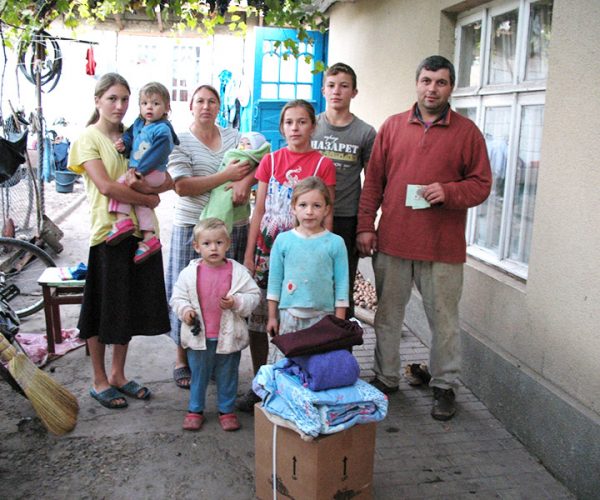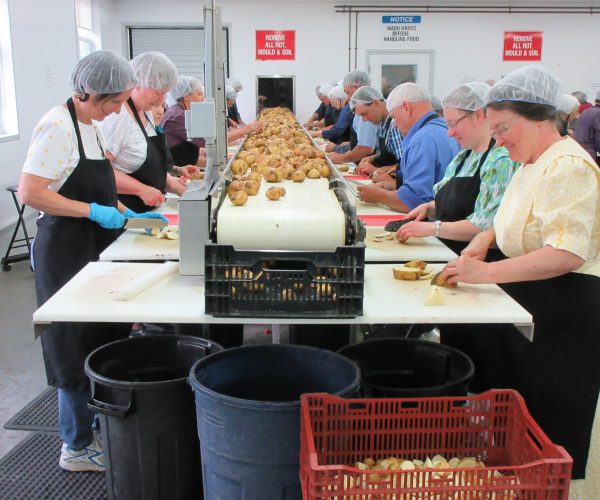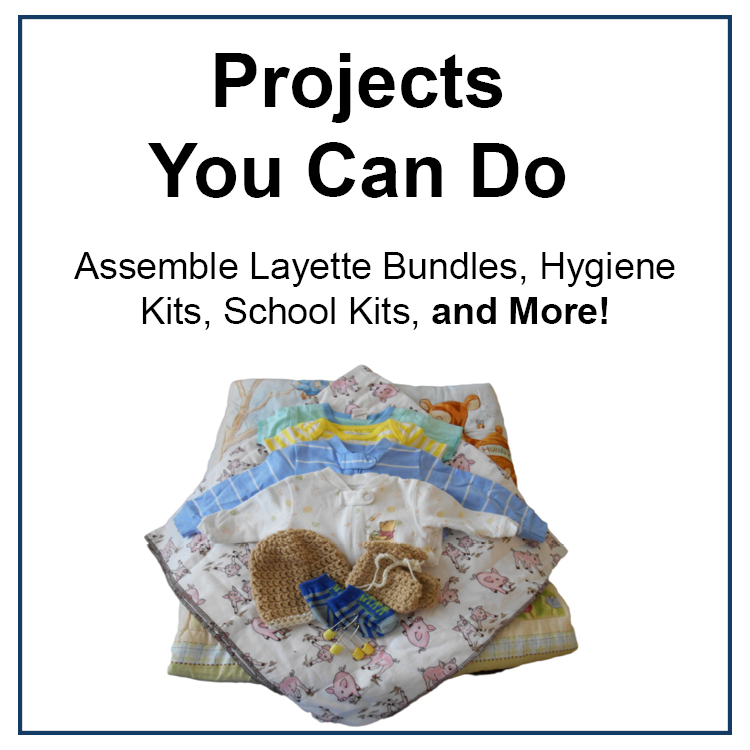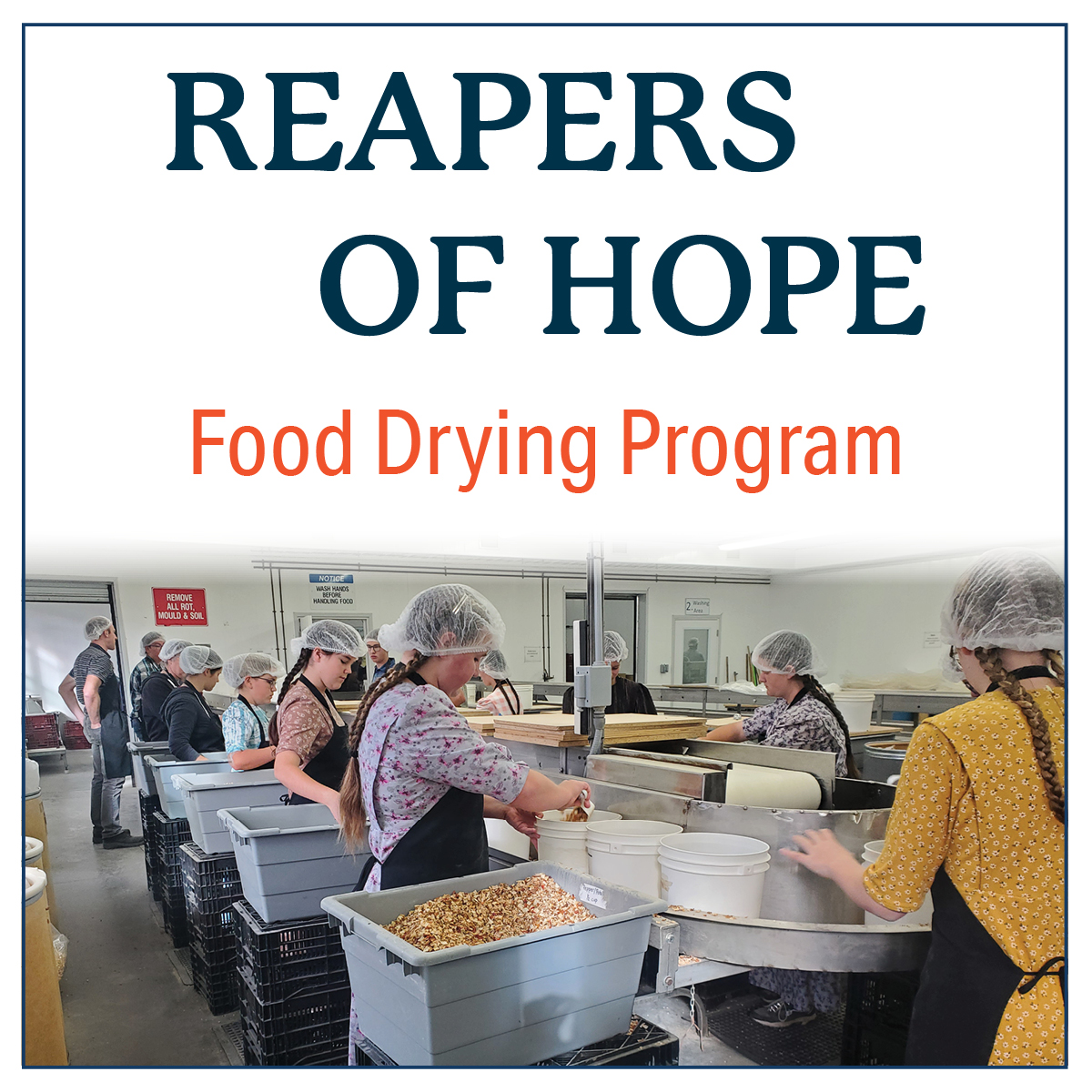Struggling refugees across the Middle East face even more desperate situations since the coronavirus pandemic. Fragile economies in these war-torn countries were already taxed before COVID-19. More than five million Syrian refugees who fled their country nine years ago are still stuck in Turkey, Jordan, and Lebanon. Years of war in Iraq left many homeless, their ancestral lands and homes out of reach. Conflict, famine, and flooding in Yemen seem to take turns sweeping the country, which is already one of the poorest countries in the Middle East.
In all these countries, refugees and internally displaced people learn to cope by buying and selling small items, cleaning streets, or working in restaurants. All of them live day to day on a meager salary or gifts of aid. Most of them have no savings accounts or stocks of food to rely on.
Refugees without food
When it seemed as if things couldn’t get worse for refugees, the coronavirus pandemic caused extreme lockdowns in some countries. All across the region, businesses came to a halt while military patrols enforced curfews. Odd jobs that provide income for refugees dried up. Limited transportation disrupted humanitarian aid deliveries. In one country, people who even stepped outside their home faced the threat of jail time and extreme fines.
CAM has been able to send emergency aid to thousands of refugees living in these desperate situations. Our contacts in Turkey who delivered special food packs met a young woman with four-month-old twins. They said, “The babies were tiny and sickly and looked to be one month old. When we asked the mother why, she showed us a carton of one percent milk.” The mother didn’t have the means to supply anything more nutritious and was grateful for the items our contacts were able to provide for her.
Another woman told our contacts, “We don’t have any food, I have been trying to feed my little baby potatoes.” She broke into tears when the team returned with bulgur wheat, chickpeas, milk, and oil.
Refugees without healthcare
In Lebanon, our contacts hired refugees to sew face masks to distribute with hygiene kits. This provided the refugees with a small income, while also providing face masks that people are required to wear.
In Yemen, reports show that the virus is spreading undetected. Our contacts say that in order to survive, people venture out every day to find food or work to survive. The healthcare system in this impoverished country is dreadfully inadequate to handle the pandemic. The lead doctor at one of the main hospitals in the capital of Yemen threw up his hands and said, “We don’t have the resource to respond to this problem.”
Our contacts in Yemen say, “People are being turned away from hospitals. We need to teach people how to take care of themselves. The homes will be the ICUs.” CAM recently sent a container load of soap to Yemen and funds for our contacts to purchase hygiene items and literature on medical education.
Our staff and contacts across the Middle East plan to continue helping suffering refugee families who have nowhere else to turn. Along with the refugees’ gnawing hunger and lack of good healthcare, many of them face the fear of death. As our staff and contacts provide food parcels, healthcare items, and other aid, they also have the opportunity to reach out with a word of hope.
CAM is helping in thirty-eight countries suffering from the coronavirus pandemic. If you would like to help reach more people through the Coronavirus Crisis Care program, click the button below.

